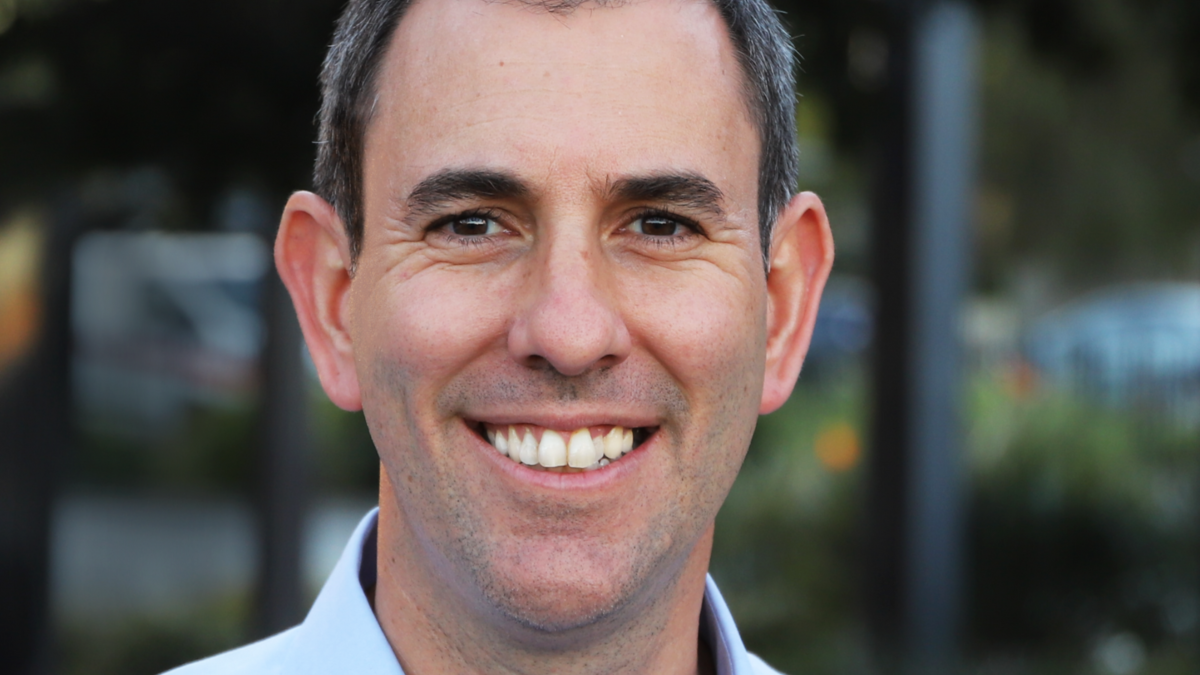White elephant graveyard: Proceed with caution on nation-building
A big week for superannuation has culminated in a series of rebukes of the sector’s new nation-building plans – for good reason. It’s refreshing to see commentators check big super’s ambition to go hard on infrastructure development in Australia, for the simple reason that big super itself has held little public discussion about the risks, reputational and political, of locking vast amounts of money into illiquid investments to prop up the stated goals of the new government.
One criticism focuses on political pressure. It’s a risk often identified in plans for a national default fund (NDF) whenever that old debate rolls around. An NDF would likely be controlled by a government agency; the government of the day could exert pressure on that agency to divert retirement savings into projects that might not otherwise meet the sole purpose test. Pork barrelling on steroids.
The risk is not quite the same with existing superannuation arrangements, which are beyond the direct control of the government. Treasurer Jim Chalmers says he doesn’t want to force money into particular asset classes or projects – merely make the framework for such investments more accommodating. That doesn’t mean it wouldn’t be politically advantageous for funds, and there is certainly room for a kind of quid pro quo. Here, it’s helpful to remember advice given out by Hostplus CIO Sam Sicilia at the AIST Superannuation Investment conference in June.
“Let’s not forget that the government of today is the opposition of tomorrow is the government again, at some stage in the future,” Sicilia said. “We can’t afford, as an industry, to ever be on the negative side of government. Just do the right thing with all governments and oppositions at all times, because those roles are going to keep changing… and we need to work with whoever is in power.”
In short: for every government that wants to work collaboratively with superannuation, there’s one waiting in the wings to deliver another Your Future Your Super. So don’t get too taken with the ambitions of this one.
The second criticism follows from the first, which is that nation-building investments might not pass the sole purpose test and might have more to do with attracting and retaining members than making them money. It’s true that marketing and investing are becoming more intertwined; that nation-building makes for handy propaganda; that some CIOs aren’t above tipping (relatively) small amounts of money into investments that might generate a few headlines and convince new and existing members that this really is the fund for them, but which might not move the dial much.
Here, Sicilia offers another rebuttal, though not one that’s likely to make everybody happy.
It concerns the economic role that super funds already play through the lens of ‘universal ownership’ – an idea usually focused on ESG, and which holds that pension funds are now invested in such large chunks of the economy that the externalities they generate through their investments, like pollution, are actually visited upon other parts of their portfolios.
“You can’t separate return streams from the other benefits that come with those investments,” Sicilia said. “Every time you put a dollar into a private company, you generate employment… Every time you buy an infrastructure asset or a real estate asset, you contribute to nation building. You can’t divorce the return stream from the social good or the social bad it does. The two go hand-in-hand.”
While super funds should stick to their role, which is to generate returns for members for retirement, they’re already nation-building whenever they make an investment; doing so deliberately is more a rhetorical shift than a change in investment strategy.
In all of this, it should be remembered that the industry funds that make up the bulk of what is described as “big super” didn’t get here by accident. Certainly the compulsory nature of superannuation and lack of engagement from members has helped; certainly they fit comfortably into Labor’s political heartland.
But they’ve also consistently generated above-benchmark returns at low cost for those members, skated through the Hayne royal commission (which is not to suggest there isn’t room for improvement), and made a name for themselves as savvy investors on the world stage.
Still, pride comes before the fall. If they’re to embark successfully on this new era of nation-building, they must retain what AustralianSuper CIO Mark Delaney described as “a hunger to succeed” and not take their primacy for granted.
“(Giving people decent retirement incomes) has to be the biggest problem we’re trying to solve. If we can do other things along the way, that’s a worthwhile activity,” Delaney said in June. “But the things we do as part of that journey should be part of generating good returns for people. We can’t do them at the expense of returns.”
“Climate, social conditions, wages, generally are things that become good investments. I don’t think it is a trade-off, but you do want to keep an eye on the investment returns when you do these things.”











